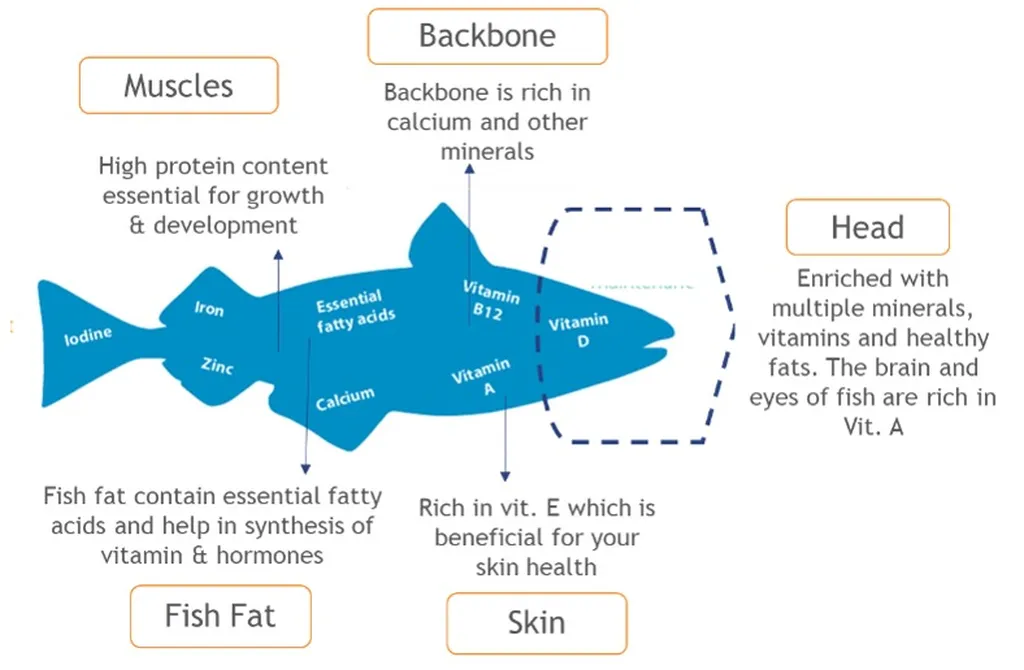In the heart of India, Bihar’s aquaculture sector is making waves, quite literally, with its potential to boost the state’s economy and food security. A recent study published in the *International Journal of Bio-Resource and Stress Management* sheds light on the untapped potential of aquaculture in Bihar, offering a roadmap for economic development through sustainable fish farming practices.
Bihar, a state where a significant portion of the population relies on agriculture, animal husbandry, and fishing for their livelihood, has seen its fisheries sector play a pivotal role in ensuring nutritional security and employment. The state’s fish output in 2019 was estimated at 0.64 million tonnes, contributing 1.5% to the state’s Gross Domestic Product (SGDP). However, the sector faces challenges such as annual floods and droughts, which hinder its growth.
The study, led by Vivekanand Bharti from the Dept. of Livestock and Fishery Management at ICAR-Research Complex for Eastern Region, Patna, highlights that despite these challenges, Bihar has made significant strides in aquaculture over the past decade. The state now ranks fourth in inland fish production and sixth in freshwater seed production in India.
“Substantial investments in the fisheries sector can improve the income of farmers,” Bharti asserts. The research suggests that enhancing aquaculture production through sustainable practices can further boost the state’s economy. This includes promoting aquaculture in wetlands, species and technological diversification, extending improved aquaculture technology, and integrating fish farming with other agricultural practices.
The study also emphasizes the importance of establishing fish hatcheries, assembling fish markets and supply chains, and promoting ornamental fish activities. These measures can not only increase fish production but also create new employment opportunities, thereby contributing to the state’s economic development.
The findings of this research could shape future developments in the field of aquaculture, not just in Bihar but across India. By harnessing fishery resources sustainably and adopting innovative technologies, the aquaculture sector can become a significant driver of economic growth and food security.
As the world grapples with the challenges of climate change and food security, the insights from this study offer a glimmer of hope. By investing in and promoting sustainable aquaculture practices, Bihar and other regions can pave the way for a more secure and prosperous future.

